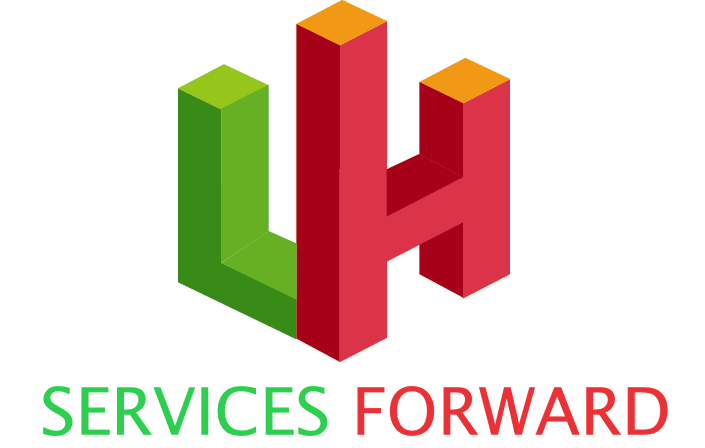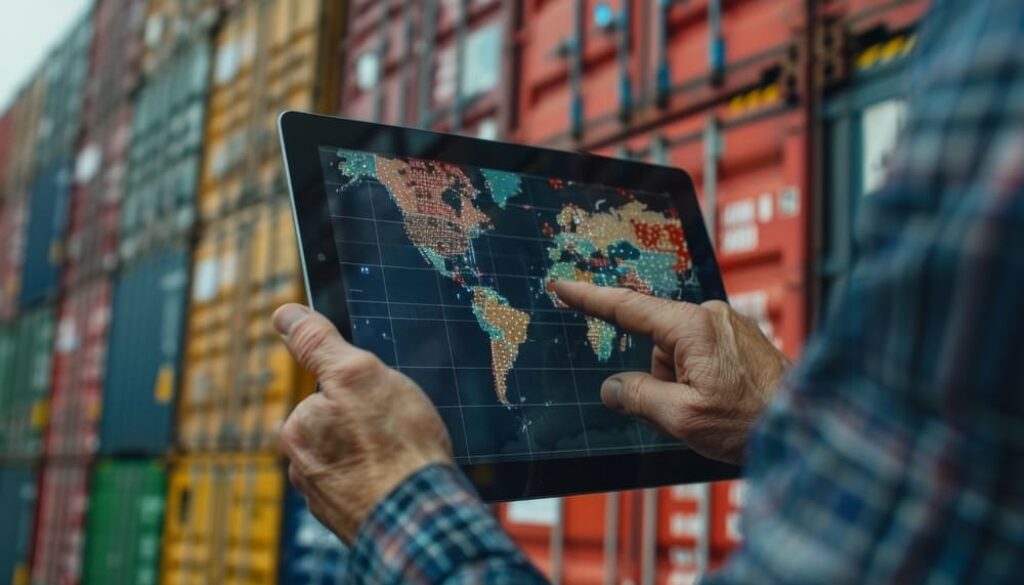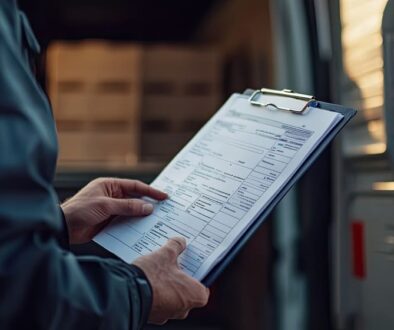National and international transport: Tailored solutions
In an increasingly interconnected world, national and international transport has become a backbone of the global economy. It is no longer enough to move goods from point A to point B; today, companies require tailor-made, optimised, secure logistics solutions adapted to their specific needs. From a small SME that sends products at regional level to a multinational that operates on several continents, all depend on efficient transport systems to maintain their competitiveness.
But what does it really mean to offer “tailored” solutions? It involves knowing in depth the nature of the product, the times required, the regulations of the destination, and providing a service that not only meets, but exceeds expectations. This is where smart logistics and specialized operators make the difference.
This article explores in depth how national and international transport is structured, what modalities exist, what their advantages are and how personalized solutions are revolutionizing the sector.
National and international transport overview
At first glance, talking about national and international transport may seem like a geographical issue, but it actually involves complexities that transcend borders. At the national level, challenges include the management of efficient routes, coordination between different warehouses or distribution centers, and the optimization of time and resources. However, as we move to the international level, the picture is widening considerably.
International operations must face customs barriers, trade treaties, specific documentation, languages, and regulations of each country. Coordination between carriers, customs agents and logistics operators becomes essential to avoid delays, sanctions or economic losses. In addition, the type of cargo can influence the whole process: it is not the same to transport perishable products as heavy industrial machinery or dangerous goods.
International transport therefore requires meticulous planning, supported by technology and expert knowledge. For this reason, companies that offer comprehensive logistics solutions are usually the most requested: because they not only transport goods, but manage the entire process.
Transport modes
Land Transport
Land transport is the most used for short and medium distances, especially at the national level. It includes trucks, vans and rail. Its main advantage is flexibility in schedules and routes, which allows greater personalization of the service. It is ideal for door-to-door deliveries and for goods that require fast and constant transit times.
Maritime transport
When we talk about large volumes or long distances, maritime transport is the preferred option. It is cheaper per tonne transported, although slower. Its use is common in intercontinental operations and in international trade in durable goods, raw materials and manufactured products.
Air transport
For urgent or high-value charges, air transport is unbeatable in speed. Although its cost is considerably higher, it offers advantages when time is a critical factor. Supply chains that work with electronic, pharmaceutical or fashion components usually depend in part on this modality.
Multimodal and intermodal transport
On many occasions, the best option is not to choose one, but to combine them. Multimodal transport uses two or more modes under a single contract, while intermodal transport involves different contracts. These combinations save time and costs, adapting better to the logistics and geographical restrictions of each operation.
Tailored solutions in logistics
Tailor-made logistics solutions have become a necessity, not a luxury. Each company has its own characteristics: from the type of product it sells, the volume of its cargo, its shipping frequency, to the specific conditions it must meet. For this reason, personalized national and international transport is a service of high added value.
These solutions include route analysis, customs management, specialized packaging, insurance, and thorough real-time monitoring. Thanks to the use of technologies such as transport management systems (TMS), GPS monitoring, documentary automation and artificial intelligence, logistics companies can quickly adapt to unforeseen events and keep the customer informed at each step.
In addition, a good logistics provider designs operational flows that improve efficiency: choose the right consolidation points, determine the best loading and unloading times, and select the most reliable carriers. This not only improves the operation, but significantly reduces costs.
Benefits of personalized logistics management
Choosing a tailor-made transport service has tangible advantages for any company. Among the most outstanding benefits are:
- Operational efficiency: by having an adapted logistics plan, dead times, unnecessary routes and errors in delivery are minimized.
- Cost reduction: although it may seem more expensive at the beginning, in the long term it allows to avoid expenses for delays, customs penalties or loss of goods.
- Total traceability: with digital tracking systems, both the customer and the supplier know at all times where the load is and what condition it has.
- Satisfaction of the final customer: comply with delivery times and ensure that the product arrives in good condition improves the purchase experience, loyalty customers and strengthens the brand.
In addition, having a trusted logistics partner allows companies to focus on their main activity, delegating the complexity of transport in expert hands.
Trends and future of transport
The transport and logistics sector is evolving at high speed. Some of the most relevant trends that are setting the course for national and international transport are:
- Sustainability: the use of electric vehicles, biofuels, or technologies for route optimization seeks to reduce the carbon footprint of the sector.
- Digitalization: the implementation of digital management tools, blockchain and big data are improving transparency, security and efficiency.
- Extreme customization: logistic operators no longer offer “standard packages”. Today the focus is on total personalization: routes, schedules, storage, documentation and even after-sales attention.
- Resilience in the supply chain: after global events such as pandemics or geopolitical conflicts, companies are redesigning their chains to make them more flexible and secure.
In the coming years, greater automation, the use of drones and autonomous vehicles are expected, as well as stronger integration among actors in the logistics sector at a global level.
Conclusion
National and international transport is much more than moving things from one country to another. It is a complex operation that, when well managed, becomes a key competitive advantage for any company. Tailor-made solutions are the present and future of logistics: they allow a fast, flexible and efficient response to the demands of a globalized market.
Having a logistics partner that understands the complexity of modern transport and offers personalized strategies is essential. Because in a world where speed, reliability and personalization rule, logistics is no longer a support: it is the heart of the business.





